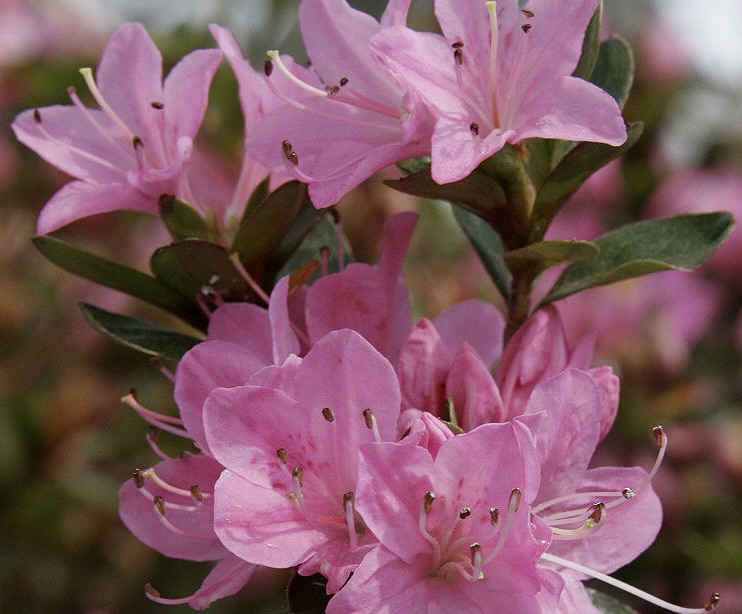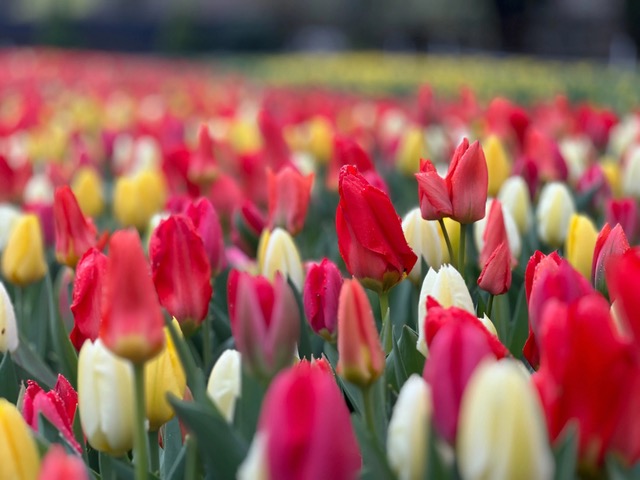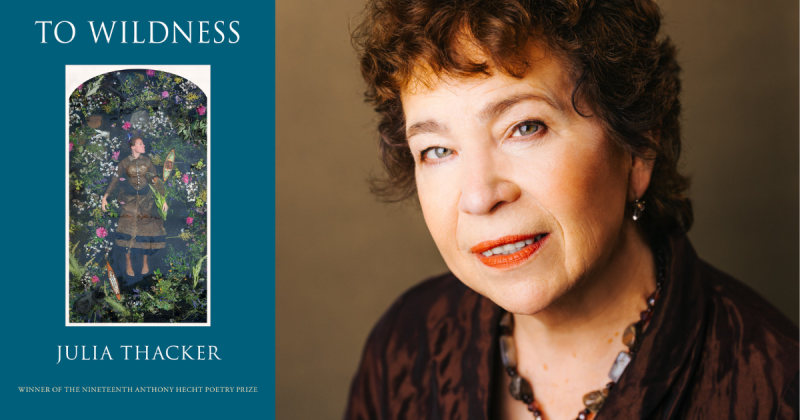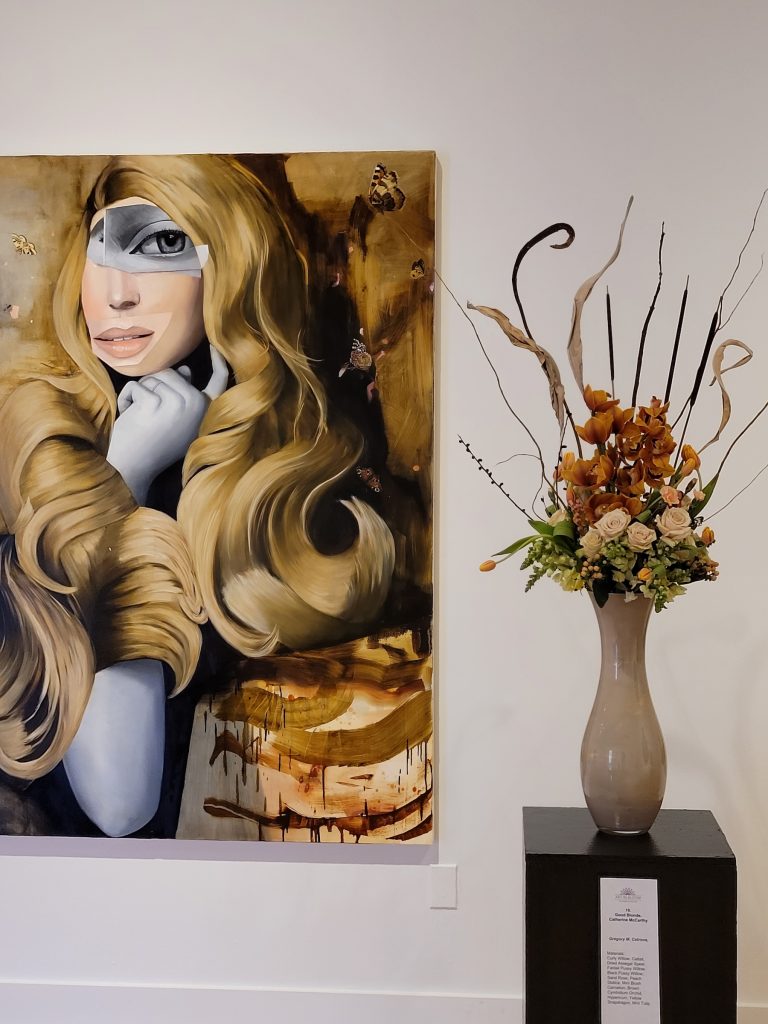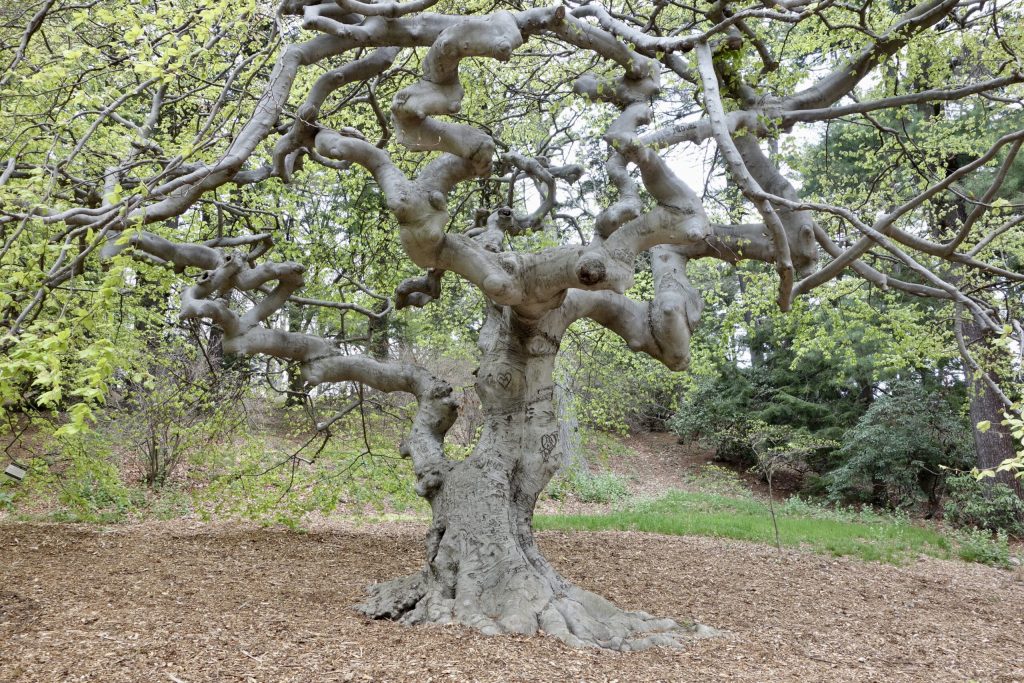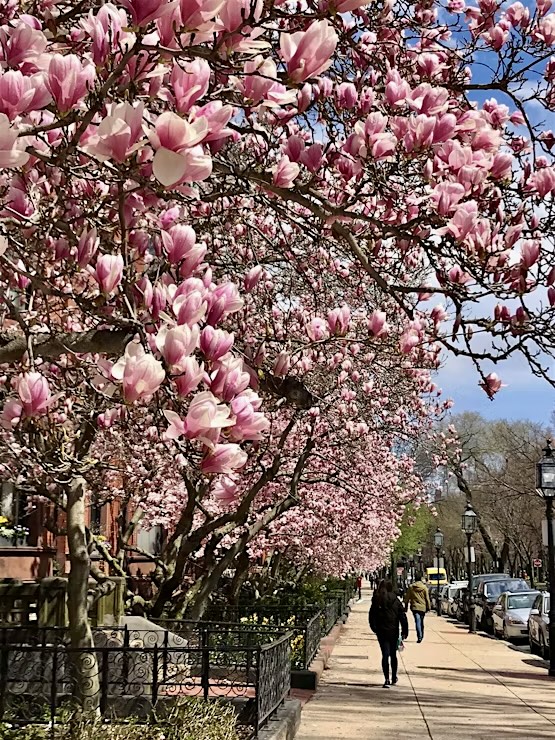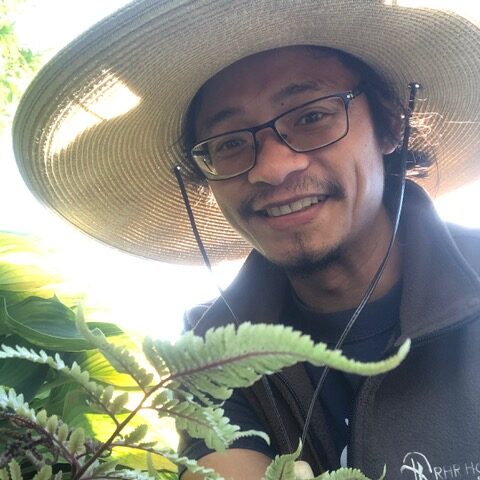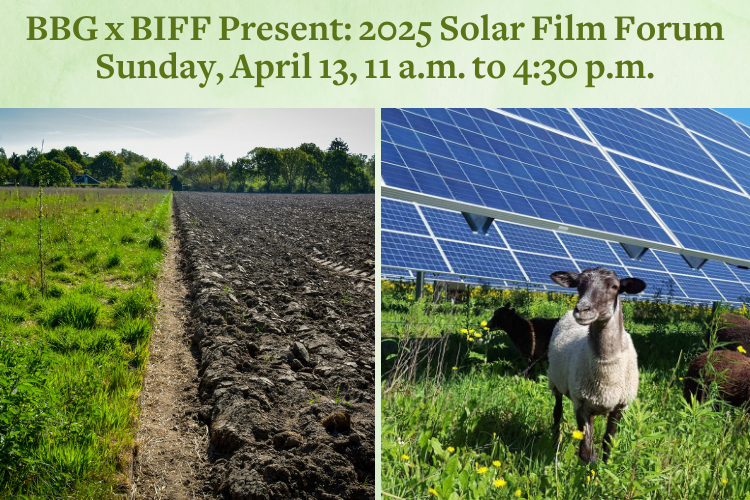Saturday, April 26, 10:00 am – 1:00 pm or 1:00 pm – 5:00 pm – Tour of the Kinsey-Pope Garden
As part of The Garden Conservancy’s Open Days Program, the Kinsey-Pope Garden in Amherst, Massachusetts will be open on Saturday, April 26. You may choose from either of two sessions, 10 – 1 or 1 – 5. Please note you will have two other opportunities to view the garden, on May 31 and September 27, if the April date is not convenient. $10 ($5 Conservancy Members). Reserve at www.gardenconservancy.org.
The owner says: “This is a garden begun by my late husband and me (both academics with no formal garden training) soon after we moved here in 1978, working and learning together for twenty years. I have been the primary garden designer from the beginning, and designer and gardener for another twenty years, now recently with some wonderful garden help. It is a landscape of many uncommon trees with strikingly beautiful bark and a wide variety of textures, flowers, berries, and great autumn color; many shrubs with more than one season of beauty; perennials flowering in three seasons; ground covers of unusual dramatic effect covering all beds during all seasons; and in winter offering a wide palette of interesting shapes, lovely bark, and many evergreen trees and shrubs. In addition, there are three bridges over a stone-lined swale, a hand-built screened gazebo and curved top arbor, a charming little pond, many benches and Japanese stone lanterns, large-stone walkways and stone walls, and a Japanese inspired fence surrounding all of the 1/2-acre garden.
